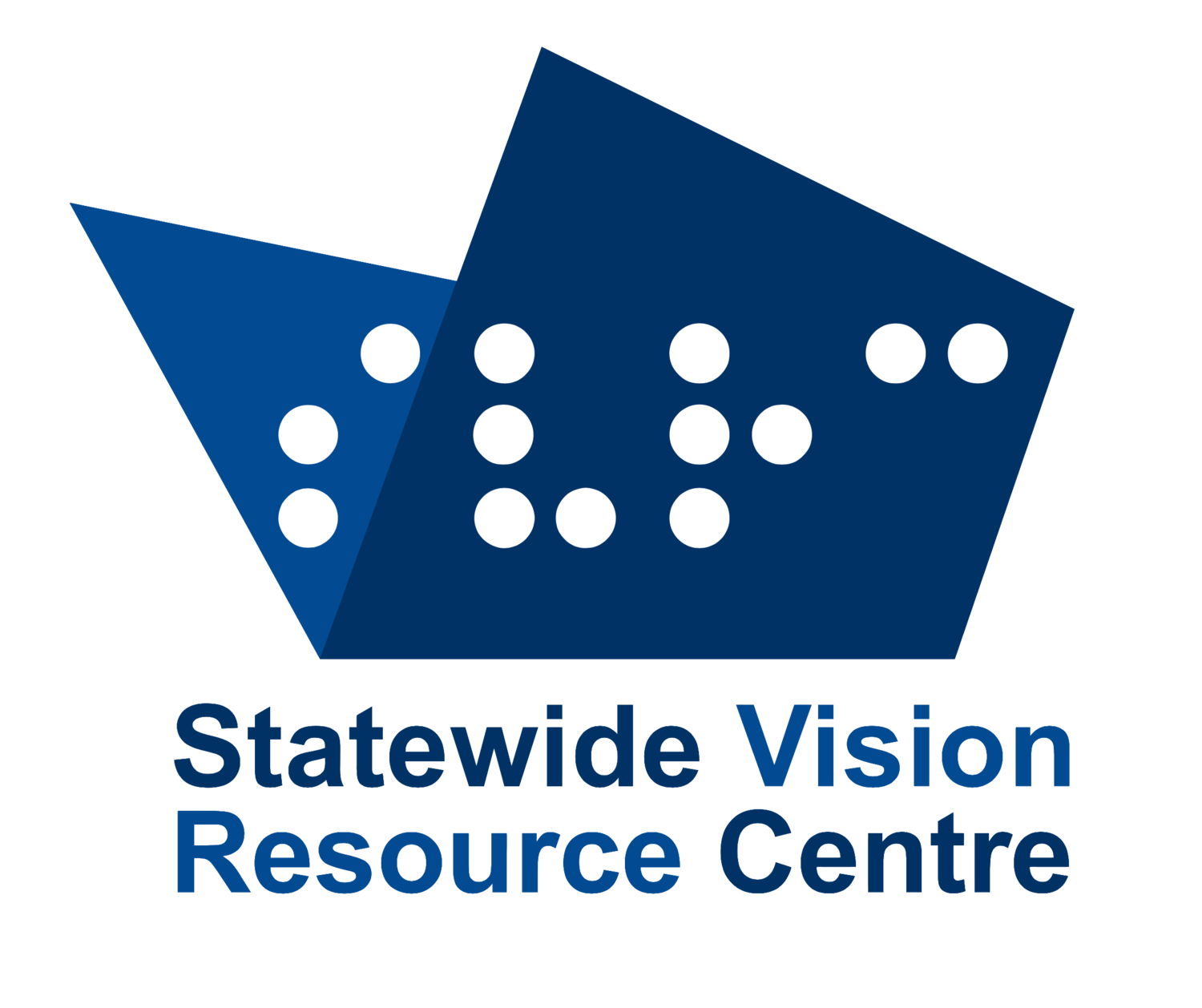Eligibility for Vision Support and Resources at School
SVRC identifies children and young people who have significant vision loss and recommends appropriate supports for them at school. We run this service in partnership with the Royal Victorian Eye and Ear Hospital. This service also assesses your child’s eligibility for extra support from us and from the Department of Education’s Visiting Teacher Service.
There is no cost to either your family or school for this assessment.
Getting Assessed for Vision Impairment
Referrals to SVRC can be made by ophthalmologists, optometrists, orthoptists, early childhood educators, school nurses, principals, parents, carers or teachers.
Prior to referring, children should have been seen by their own ophthalmologist within the past 12 months. Resources from SVRC do not replace treatment, prescriptions and ongoing management of the child’s vision by an ophthalmologist.
In order for your child to be assessed for eligibility by SVRC:
complete the SVRC Application Form, taking care to sign and date all relevant sections
provide a recent (within the past 12 months) ophthalmology report
Children can be referred to SVRC at any time from pre-Prep until Year 12. For children with vision in the legally blind range, referrals should ideally be made between 12-24 months prior to their expected start of school. For children in the partially sighted range, referrals should be made 6-12 months prior to their expected start of school.
For further information please phone our Specialist Teachers - Assessment on (03) 9841 0807.
More Information for Families
Once you have submitted the SVRC Application Form, one of our Specialist Teachers will contact you. They may request additional information.
Your child may be offered an appointment at the Education Vision Assessment Clinic (EVAC) to further assess their eligibility. EVAC is run in partnership with the Royal Victorian Eye and Ear Hospital (RVEEH).
If further assessment is required, your child will be seen by an orthoptist and a paediatric ophthalmologist at RVEEH. Vision tests generally include measuring distance vision, near vision, visual fields and eye movements. Eyes are photographed and eye health is checked, along with your child’s glasses prescription. Eye drops are usually administered to dilate the pupils. We recommend you bring a hat and/or sunglasses for your child, because dilation will make your child’s eyes light sensitive for the rest of the day.
The role of the Specialist Teachers is to highlight the educational implications of your child’s vision and provide age appropriate suggestions to those who will be working with your child in their school environment.
Outcomes
Your child will be found to be either eligible for further support, or not eligible. A letter will be provided to you and your child's school with the outcome of the assessment.
If your child is assessed as eligible for support due to vision impairment, our Specialist Teachers will visit your child’s school to conduct a functional vision assessment, and then complete a report with recommendations for the school.
If your child is assessed as not eligible for support, our Specialist Teachers will contact your child’s school to discuss the assessment.
An assessment that a child is not eligible for support is good news because it indicates that your child’s vision is in the typical range.
Functional Vision Assessment at School
Information from an ophthalmologist informs the school-based functional vision assessment and our recommendations for practical teaching and learning adjustments. Our Specialist Teachers can provide accurate and current clinical and functional information to your child’s school.
Our functional vision report will be sent to you, your child’s school and Visiting Teacher or Learning Consultant.
